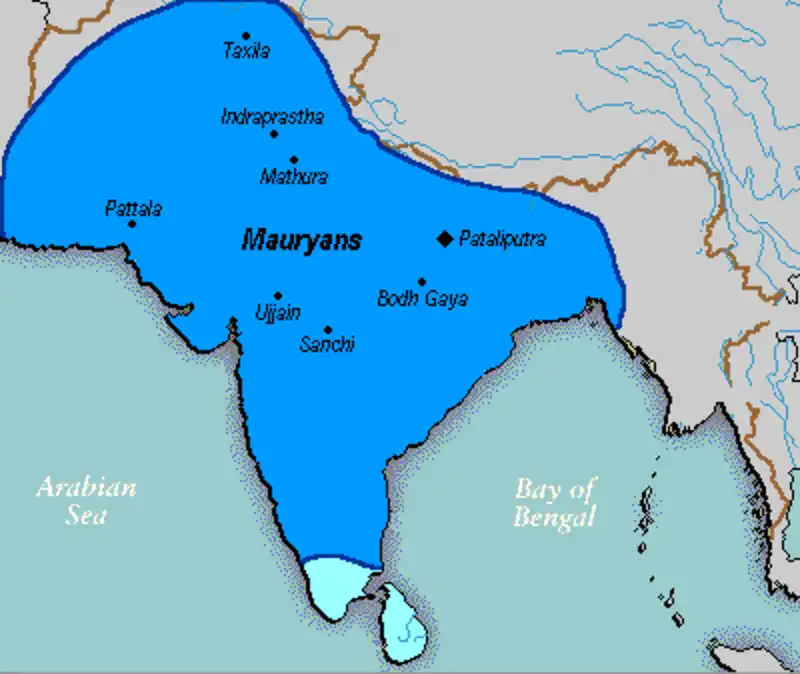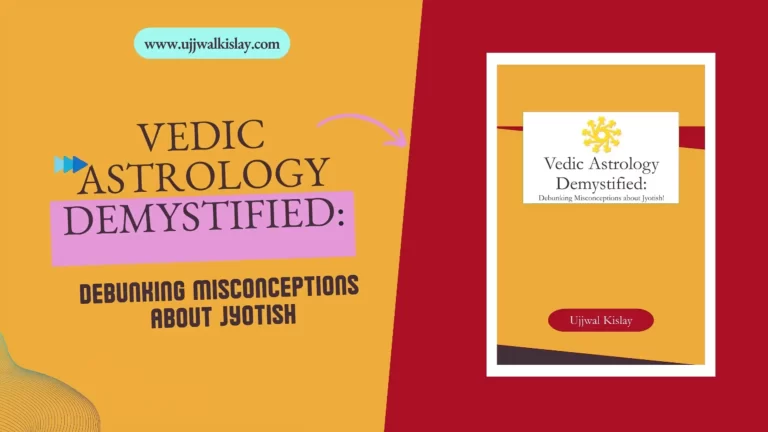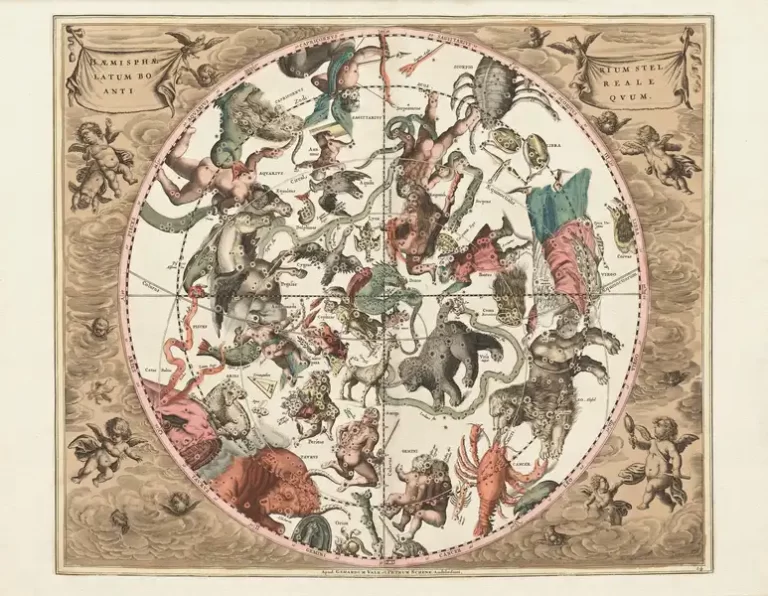Acharya Chanakya, his life, colossal contributions, and 47 Quotes

Introduction:
Acharya Chanakya, alias Kautilya or Vishnugupta, stood as an ancient luminary in India, encompassing roles of mentor, thinker, economist, magistrate, and counsel to royalty. Regarded as an eminent sage and astute political tactician in Indian chronicles, he bore the moniker “Kautilya,” rooted in “Kutila,” denoting artifice and sagacity. This epithet resonates with Acharya Chanakya, owing to his repute as a sharp-witted and Machiavellian political schemer.
Preeminently noted for his opus “Arthashastra,” Acharya Chanakya authored an expansive compendium addressing governance, fiscal doctrine, and military maneuvering. The Arthashastra mirrors Kautilya’s political ideology, proffering pragmatic guidance for efficacious imperial rule. Acharya Chanakya’s precepts remain exalted in India, inspiring erudition and steering statespersons across eras.
Concurrently, Acharya Chanakya’s pivotal role as principal counsel to Chandragupta Maurya, architect of the Maurya Empire, amplifies his legacy. The Maurya realm adorned ancient India as one of its grandest dominions.
Life of Acharya Chanakya:
Born in 371 BCE in ancient India, Acharya Chanakya emerged from a Brahmin lineage, his prodigious intellect evident since his youth. Profoundly versed in domains like mathematics, economics, politics, and military strategy, he was hailed as an erudite polymath.
Chronicles recount Acharya Chanakya’s revered tenure at Takshashila, a center of erudition in present-day Pakistan, renowned for its diverse scholarly pursuits. His pedagogic prowess attracted a substantial following, spanning subjects like politics, economics, and ethics.
Shaped by his experiences at Takshashila, Acharya Chanakya’s sagacity burgeoned, drawing from the array of intellects he encountered. Notably, luminaries like Chandragupta Maurya were among his students.
Observing the Nanda dynasty’s demise and its inept governance, Acharya Chanakya embarked on a mission for change. Identifying potential in Chandragupta Maurya, he guided the young protege in martial and statecraft disciplines. Collaboratively, they orchestrated the overthrow of the Nanda rule, birthing the illustrious Maurya Empire, a juggernaut in ancient India.
Acharya Chanakya’s strategic acumen propelled Chandragupta to victory and fortified the Maurya Empire’s ascent. As chief counsel, Chanakya’s role was pivotal in this empire’s establishment.
Acharya Chanakya, the mastermind behind the Mauryas:

The Mauryan Empire, ushered by Chandragupta Maurya under Acharya Chanakya’s counsel, stood as a linchpin in India’s unification and the thwarting of Greek incursions.
In 327 BCE, Alexander’s Indian campaign conquered Porus, yet his fatigued troops balked, compelling his retreat. Following Alexander’s demise, Seleucus I Nicator, a general, seized parts of Central Asia and Persia.
Seleucus I Nicator’s 305 BCE Indian endeavor foundered at the hands of Magadha’s ruler, Chandragupta Maurya. A pact was struck yielding parts of modern Afghanistan and Pakistan to Seleucus while conceding the Indus River valley expanse to Chandragupta. This compact fortified India’s western borders and averts Greek encroachment.
Chandragupta’s descendant, Ashoka the Great, bolstered these defenses. Appointed Ujjain’s governor, he ejected the Greek foothold under Demetrius. Revered for his nonviolent and religiously tolerant doctrines, Ashoka furthered India’s stability.
The Mauryan Empire, sprawling from present-day Iran to central India, attained paramountcy. Encompassing over 5 million sq km and nearly 50 million inhabitants, it engendered India’s historical and cultural evolution.
Arthasastra, the magnum opus of Acharya Chanakya:
The Arthashastra, written by Acharya Chanakya in ancient India, covers a wide range of topics related to governance, economics, diplomacy, and military strategy. It is divided into 15 books, each of which covers specific topics. Some of the major topics covered in the Arthashastra include:
- The role and responsibilities of the king and his council
- The organization of the state and its administrative machinery
- The collection of taxes and revenue generation
- The maintenance of law and order
- The Role of Spies and Espionage in Governance
- Diplomacy and foreign policy
- Military Strategy and Warfare
- Agriculture and land management
- Trade and commerce
- Urban Administration and city planning
- Social welfare and charity
- Ethics and moral conduct
- Education and the Role of Intellectuals in Society
- The Role of Women in Governance and Society
- Rituals and religious ceremonies.
The Mauryan Empire displayed an intricately structured and effective administration. Divided into provinces, each under a king-appointed governor, it further segmented into districts led by senior officials titled district magistrates.
The king, at the apex, commanded an advisory council named the Mantriparishad, aiding decisions spanning economics, foreign affairs, and military strategies.
The empire excelled in taxation, featuring a streamlined revenue system levied on diverse sources like land, commerce, and agriculture. These funds funded the military, public infrastructure, and welfare initiatives.
Justice was paramount, vested in the king but supported by a council of judges, the Dharma Mahamatras. These judges ensured lawful conduct and justice.
The Arthashastra emerges as a distinctive chronicle encompassing Indian politics, society, and culture. It illuminates governance techniques and intricate interactions within ancient India’s diverse regions and states.
The Arthashastra’s imprint echoes in Indian heritage. Leaders and scholars have embraced it, shaping Indian governance and economics. In contemporary Indian administration, its principles endure, underlining its timeless relevance.
Chanakya Niti:
Chanakya Niti compiles aphorisms and expressions ascribed to Acharya Chanakya, an erudite figure and advisor during the Mauryan Empire. “Niti” signifies ethical principles and guidelines.
Covering a spectrum of subjects including ethics, governance, morality, and human conduct, Chanakya Niti offers a succinct and pragmatic roadmap for prosperous and virtuous living. Esteemed by scholars, leaders, and seekers of guidance, it remains a wellspring of insight and motivation.
Amazing 47 Quotes of Acharya Chanakya:
- “Without a clear sense of purpose, victory is unattainable.”
- “The most potent advice is to keep your secrets guarded as their exposure can be catastrophic.”
- “A strong-willed mind is impervious to defeat.”
- “A non-poisonous snake should also pretend to be venomous to avoid being taken lightly.”
- “Prior to embarking on any task, it is advisable to evaluate its purpose, outcomes, and feasibility of success.”
- “Every consequence is caused by a corresponding action. Success is not arbitrary, but rather the product of careful and deliberate planning.”
- “Fear of failure should not deter you from pursuing a task. Those who work hard with sincerity find happiness.”
- “You cannot possibly make all the mistakes in life, so it is wise to learn from the errors of others.”
- “Being too rigid in your beliefs or behavior can make you an easy target for criticism or attack.”
- “When faced with fear, confront it head-on and vanquish it.”
- “Every individual is responsible for their own actions and experiences the consequences alone.”
- “Building friendships with individuals of vastly different social status is unlikely to bring happiness.”
- “Losing one’s honor brings lifelong grief, unlike the fleeting sorrow caused by the loss of life.”
- “A single bad individual can destroy an entire family, just like a dry tree can ignite and consume an entire forest.”
- “Accumulated wealth is only preserved when spent wisely, just as fresh water can only be obtained by releasing stagnant water.”
- “A person’s goodness radiates in all directions, unlike the fragrance of flowers that spreads only in the direction of the wind.”
- “Dharma encompasses all aspects of life, including spiritual, moral, ethical, and temporal laws.”
- “God does not reside in material idols, but in our thoughts and emotions.”
- “A person’s greatness is determined by their actions, not their social status or birth.”
- “Worrying about the past or future is futile, as wise individuals focus solely on the present moment.”
- “Knowledge is the most valuable asset one can possess, as it commands respect and surpasses beauty and youth.”
- “A wicked person’s entire being is toxic, just as venom resides in the fangs of a serpent, the mouth of a wasp, and the sting of a scorpion.”
- “Excessive attachment to family members leads to fear and sorrow, as all grief stems from attachment.”
- “Beware of individuals who speak kindly to you but act deceitfully behind your back, as they are akin to a poisoned pitcher with milk on top.”
- “While wealth, friends, a spouse, and a kingdom can be regained, the loss of one’s body cannot be undone.”
- “A calm and balanced mind is the ultimate form of austerity, and contentment brings unparalleled happiness. Lust is a destructive force, while mercy is a great virtue.”
- “Maintaining friendly terms with the enemy is important until their weakness is known.”
- “Don’t settle for less than what you deserve, it’s not about pride, it’s about self-respect.”
- “Fools consider pieces of stone as gems, while the true gems of this earth are food, water, and pleasing words.”
- “When dealing with evil people or thorns, there are only two options – crush them under your boot or keep a safe distance from them.”
- “Laziness has no present or future.”
- “It is the mind of a person that determines their bondage or freedom.”
- “A wise person should control their senses like a crane and use their knowledge to accomplish their goals in the proper place, time, and with the right ability.”
- “It is better not to live in a place where you are not respected, cannot earn a living, have no friends, or cannot acquire knowledge.”
- “Books are of no use to a foolish person, just as a mirror is of no use to a blind person.”
- “Every neighboring state is a potential enemy, and your enemy’s enemy may become your friend.”
- “Do not reside in a place where there is no respect for the law, shamelessness, lack of kindness, creativity, or art.” – Acharya Chanakya
- “The value of a gem does not decrease even if it is placed on the foot, while a mirror placed on the head does not increase its value.”
- “Evaluate a servant while he is working, a relative in times of difficulty, a friend during adversity, and a wife during misfortune.”
- “It is unwise to advise a fool, trust an unchaste woman, or keep company with a lethargic or unhappy person.”
- “Anger is like a horse that must be ridden, lest it rides you.”
- “Let a man avoid evil deeds as a merchant, if he has few companions and carries much wealth, avoids a dangerous road; as a man who loves life avoids poison.”
- “Better than a thousand useless words is one useful word, hearing which one attains peace.”
- “The happiness and peace attained by those satisfied by the nectar of spiritual tranquility are not attained by greedy persons restlessly moving here and there.”
- “Do not be misled by what you see around you, or be influenced by what you see. You live in a world which is a playground of illusion, full of false paths, false values, and false ideals.”
- “Just as a calf follows its mother among a thousand cows, so the good qualities of a discreet man shine brightly among the wicked.”
- “Be moderate in prosperity, prudent in adversity.”
Conclusion:
Acharya Chanakya commands widespread acclaim as a paramount luminary in Indian history, with his insights remaining pertinent in contemporary times. Here’s why his significance endures:
Political Science: Revered as the progenitor of Indian political science, Acharya Chanakya’s seminal work, the Arthashastra, embodies an exhaustive compendium on politics, economics, and military strategy. Esteemed scholars and statespeople have cherished and examined his treatises for generations. His counsel on governance and statecraft remains quotable and germane today.
Economics: A vanguard in economics, Acharya Chanakya formulated early economic theories that left an indelible mark. He spotlighted trade, taxation, and economic policies as keystones for a nation’s prosperity. His perspectives on wealth creation, fiscal practices, and public finance are enduring, continuing to shape modern economic thought.
Morals and Ethics: Acharya Chanakya staunchly advocated for moral and ethical principles as essential pillars of governance. He held that a robust moral bedrock was imperative for effective leadership. His teachings on ethics resonate across generations, enriching India’s cultural heritage and shaping ethical considerations.
Leadership: Chanakya’s leadership concepts persistently influence modern paradigms. His emphasis on strategic foresight, meticulous planning, and adept execution underscores his leadership philosophy. He contended that a leader must possess a clear vision, alongside the capacity to inspire and propel individuals. These tenets traverse industries, inspiring leaders, entrepreneurs, and managers globally.
In essence, Acharya Chanakya’s contributions have indelibly marked Indian history and culture. Positioned as a premier intellect of ancient India, his legacy persists, continually kindling inspiration.
I aspire for this article to provide you with assistance. Should you discover value within these words, kindly contemplate sharing them with your loved ones. I invite you to spare a moment to offer your thoughts and appraisals below. For further remarkable content akin to this, I encourage you to delve into our website. Additionally, I extend an invitation to subscribe to my YouTube channel for forthcoming materials of similar nature. Lastly, feel unrestrained to establish a connection with me through social media. Wishing you a splendid day ahead!
हरि ॐ तत्सत्
FAQs:
Frequently Asked Questions (FAQs) about Acharya Chanakya:






